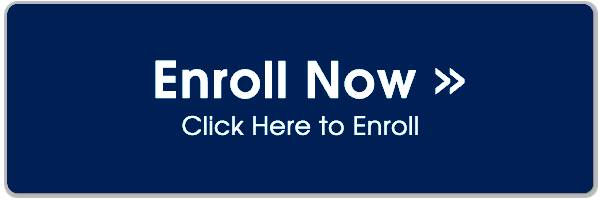Program Objectives
By the end of this program, participants will be able to:
• Understand chemical and biochemical principles in foods
• Analyze reactions involving proteins, lipids, carbohydrates, and enzymes
• Apply knowledge of Maillard reaction, caramelization, emulsification, and fermentation
• Optimize textures, flavors, and stability in culinary applications
• Design and document recipes using scientific methods (WRID standard)
• Conduct laboratory analysis and R&D experiments
• Integrate molecular transformations into menu design and innovative dishes
Modules & Curriculum
| # | Module | Duration | Key Topics |
|---|
| 1 | Fundamentals of Food Chemistry | 2 weeks | Food molecules, water activity, pH, buffers, solubility |
| 2 | Proteins & Enzymes | 4 weeks | Denaturation, gelation, enzymatic reactions, Maillard chemistry |
| 3 | Carbohydrates & Polysaccharides | 3 weeks | Starches, sugars, hydrocolloids, caramelization |
| 4 | Lipids & Emulsions | 3 weeks | Fat chemistry, oxidation, emulsification, stabilizers |
| 5 | Fermentation & Microbial Biochemistry | 3 weeks | Yeast, bacteria, fermentation pathways, probiotics |
| 6 | Flavor Chemistry & Aroma Compounds | 3 weeks | Volatile compounds, flavor development, taste perception |
| 7 | Thermal & Non-Thermal Processing | 3 weeks | Heat, cold, pressure, freezing, and their effects on food chemistry |
| 8 | Laboratory R&D & Capstone Project | 4 weeks | Recipe experimentation, analytical testing, final report preparation |
Hands-On Lab Practices
Protein gelation and texturization experiments
Maillard reaction optimization in meats and pastries
Caramelization and sugar crystallization tests
Emulsion creation and stability analysis
Lipid oxidation control & flavor stabilization
Fermentation for flavor & texture development
Aroma profiling & volatile compound extraction
Assessment
| Component | Weight |
|---|
| Weekly lab exercises & reports | 20% |
| Mid-term quiz on food chemistry | 20% |
| Applied lab projects (3–4 experimental recipes) | 30% |
| Final Capstone: Analytical report + experimental dish menu | 30% |
Capstone Deliverables:
✅ R&D logbook
✅ WRID recipe documentation
✅ Analytical data (pH, texture, moisture, aroma)
✅ Sensory evaluation & plating notes
Required Tools
pH meter & refractometer
Centrifuge & lab blender
Thermal circulators, ovens, stoves
Texture analyzer / penetrometer
Precision scale (0.01 g)
Molecular kits (enzymes, hydrocolloids, emulsifiers)
Career Pathways
Culinary R&D Chef
Food Technologist / Food Scientist
Molecular Gastronomy Specialist
Product Developer — F&B Industry
Flavor Chemist / Aroma Specialist
Program Tuition
| Plan | Access | Price |
|---|
| Self-study | LMS modules + PDFs + quizzes | $450 |
| Guided | Live labs + peer review + project feedback | $1,300 |
| Premium | 1-on-1 mentorship + lab certification + capstone | $3,400 |
Regional adjustment (UAE / EU / Asia) applicable
Program Includes
Food chemistry lab workbook
Analytical testing templates & logs
WRID recipe R&D sheets
Access to international culinary chemistry community
Capstone lab & tasting event guidelines
Capstone Demo Menu
“Science on a Plate” — 5-Course Menu
Protein gel amuse-bouche with aroma infusion
Caramelized vegetable terrine
Emulsion-based seafood starter
Sous-vide meat with Maillard-enhanced crust
Fermented dessert with volatile aroma garnish
Minor / Micro Program
Title: Essentials of Food Chemistry & Biochemistry
Duration: 8 weeks | ~40 hours
Delivery: Online + optional 1-day lab
| Mode | Price |
|---|
| Online Guided | $360 |
| Hybrid (1-day lab) | $750 |
| Premium | $1,450 |
Modules:
Fundamentals of food molecules
Protein & carbohydrate interactions
Lipids & emulsions basics
Simple fermentation experiments
Aroma & flavor profiling
Final project: 1 experimental recipe demonstration
Badge: Food Chemistry Micro-Specialist
✅ Deliverables
Lab workbook & analytical templates
WRID recipe documentation
Capstone experimental menu
Sensory & analytical report
Digital portfolio
